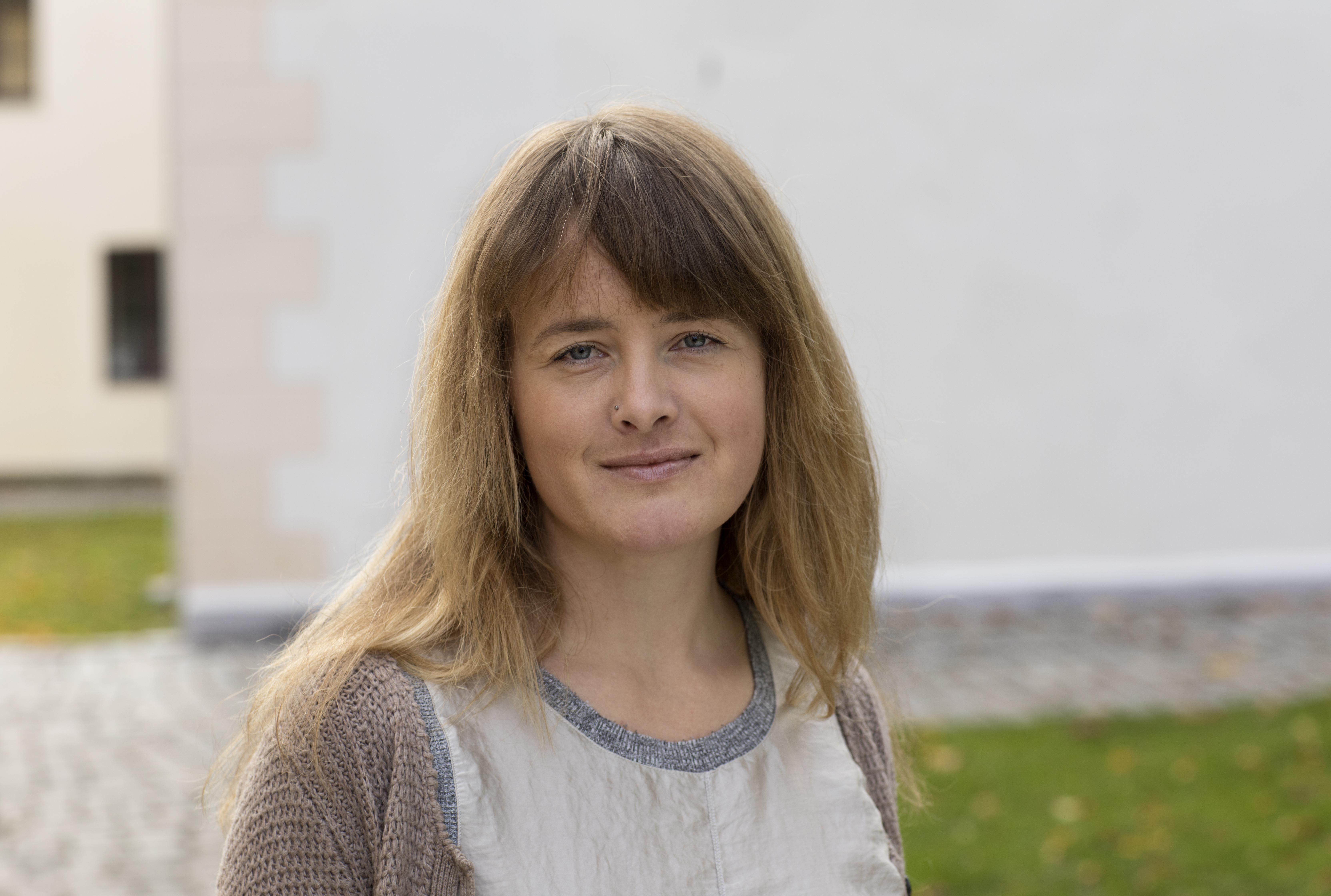“As a human rights organization we have a responsibility to address these issues”, says NHC Advisor on LGBTIQ issues, Mina Skouen. “International, regional and national human rights institutions should efficiently prevent the widespread human rights violations, undertake measures to build intersex anti-discrimination legislation and to raise awareness around intersex issues”.
Intersex people are born with sex characteristics that do not fit typical binary notions of male or female bodies. Because their bodies are seen as different, intersex children and adults are often stigmatized and subjected to multiple human rights violations, including violations of their rights to health and physical integrity. Medical procedures imposed on intersex children are often justified based on cultural and gender norms, trying to make the appearances conform to binary sex characteristics. Frequently these often irreversible procedures cause severe both physical and psychological sufferings and are regularly performed without informed consent of the person concerned. Intersex people have as anybody else the right to be free from torture and ill-treatment, to equality and to nondiscrimination
There are only very few examples of intersex persons having legal protection against discrimination and hate crime. A common misconception is that being intersex is the same as sexual orientation and gender identity (SOGI), but having intersex traits, characteristics or status is related to biological sex characteristics – not to how you gender yourself or who you fall in love with. Due to this even legislation that provides protection against discrimination based on SOGI, excludes intersex persons.
In a ground-breaking 2015 report Nils Muižnieks, the Commissioner for Human Rights, stated that European countries have been slow in recognizing and upholding the human rights of intersex people and the gender diversity they represent. He added that “It is urgent to end unnecessary medical treatment and surgery of intersex individuals without their consent; to respect their right not to undergo sex assignment treatment; to review medical classifications which treat variations in sex characteristics as a pathology; and to ensure intersex persons’ right to self-determination by facilitating their legal recognition in official documents.”
“Many places ‘tolerance’ and ‘diversity’ are considered to be moral imperatives in schools, politics and elsewhere. However, gender diversity consistently seems to be exempt from this discourse even though there are more biological genders than male and female,” says Skouen. “How we speak about gender, gender roles and sex characteristics in schools, media and society at large has a large impact on the opportunity for non-binary or gender diverse people to exercise their fundamental rights and freedoms”.
Time is overdue to put an end to
- mutilating and ”normalizing” practices such as genital surgeries, psychological and other medical treatments through legislative and other means. Intersex people must be empowered to make their own decisions affecting own bodily integrity, physical autonomy and self-determination.
- preimplantation genetic diagnosis, pre-natal screening and treatment, and selective abortion of intersex fetuses.
- infanticide and killings of intersex people.
- non-consensual sterilization of intersex people.
For more information about what it is like to be intersex, about gender diversity and how you can be an intersex ally visit the website of Organization Intersex International Europe and Intersexday.org, as well as OIIs brand new online visibility project www.intervisibility.eu/ that was launched today!
